When building a new home, how important is it that you build with energy efficiency in mind? That depends on your goals and budget. Certain energy-efficient items are so important that they are already mandated or included in new construction homes, such as thicker windows and more efficient appliances and HVAC. Other energy-efficient options, like solar panels and extra insulation, are personal choices. Most are upgrades that may cost a bit more upfront but will likely lower your daily living costs while future-proofing your home.
On the fence about how important additional energy-efficient features are to you? In the following blog, you can learn more about energy-efficient options in a new construction home and how they may benefit you in the long run, so you can make the best decision for your budget and comfort.

Why Get Energy Efficient New House Features
Sustainability and energy efficiency are at the forefront of our lives, but which energy-efficient new house features will truly reduce your environmental footprint, save you money, and create comfort? You may be surprised to learn that just a few simple and rather affordable options exist to fulfill all of that and more. But before we get into which energy-efficient features make the most impact, let’s look at why you may want to start with a few obvious solutions.
According to the Department of Energy (DOE), 45% of the energy we use is for heating and cooling our homes and 18% is used in heating water. “Of the $2,000 the average American spends paying for energy annually, $200 to $400 could be going to waste from drafts, air leaks around openings, and outdated heating and cooling systems.” The good news is there are easy ways to reduce those issues and costs, especially when building a new house. You can eliminate or minimize the waste right from the start.
Additional reasons to implement energy-efficient new house features:
- These features often create a higher resale value (potential 8% increase in your home’s sales price).
- Environmental improvements, such as less water waste (one ENERGY STAR dishwasher can save an average of 3,870 gallons over its lifetime).
- You will improve your comfort level, i.e. noise reduction, indoor air quality, temperature.
- An energy-efficient home meets more rigorous standards, resulting in peace of mind knowing you have a higher-quality home.
- You may obtain discounted insurance rates for Smart Home Technology or LEED certification.
- Reduced utility bills that save hundreds of dollars or more annually (according to the DOE, up to a 25 percent savings).
- The federal government offers tax credits to help you afford certain energy-efficient items (between 30%–100% of the cost of installing certain appliances).
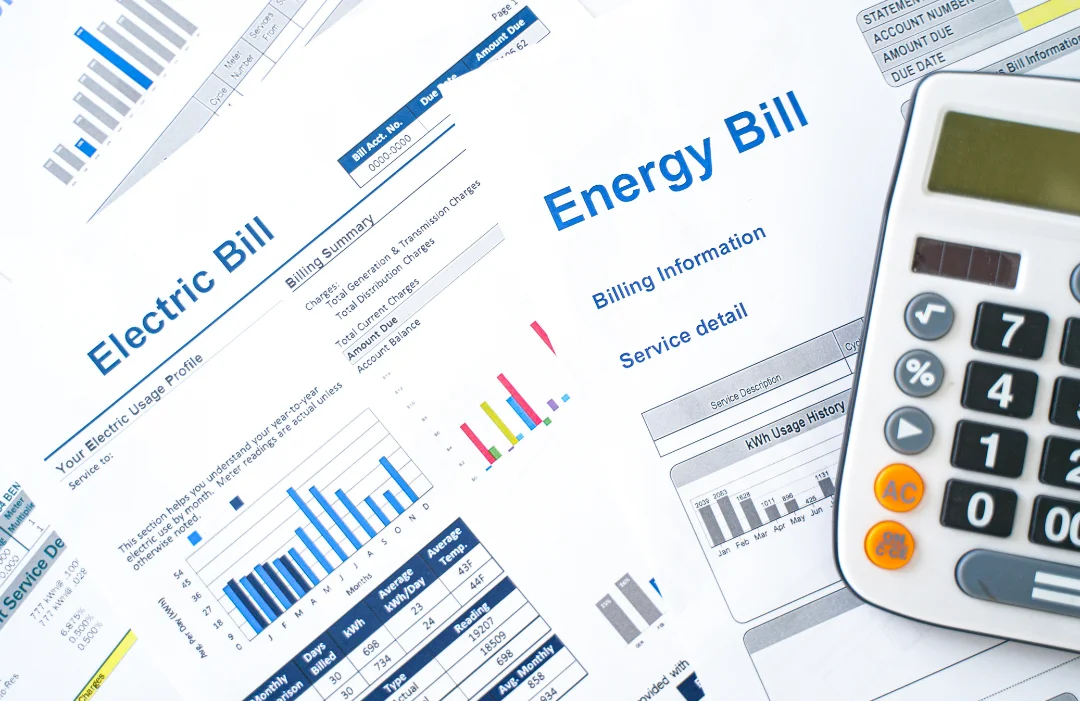
The Top 4 Energy Efficient Features to Add to a New House
#1 Energy Efficient House Feature: Smart Thermostats
Something as simple as “Smart Home” programmable thermostats saves energy. The system learns when you are home, asleep, and away, lowering and raising temperatures as needed. By dialing the temperature back 10–15% for eight hours, you can save as much as 10% a year.
#2 Energy Efficient Home Feature: Heating & Cooling (HVAC) Systems
Select the most efficient, highest-rated HVAC system for your new house. As noted above, heating and cooling consume more energy than any other system in your home, so it makes sense to try to reduce these costs. Build your home with the best energy-saving HVAC system and consider upgrades, such as a UV light for whole-home health. When combined with extra insulation, a tightly sealed home, and the smart thermostat, you can cut your energy usage by 20% to 50%.
#3 Energy Efficient House Feature: Additional Insulation
Building a new home is the perfect time to add the maximum amount and best type of insulation to the attic, basement, and exterior walls to keep your house cool in the summer and warm in the winter. According to the Department of Energy, increasing your home’s insulation is one of the fastest and most cost-effective ways to reduce energy waste.
#4 Energy Efficient Home Feature: Smart Hot Water Heater
Since heating water accounts for a good portion of your utility bill (approximately 12%), install a high-rated, energy-efficient hot water heater or, better yet, talk to your builder about an on-demand tankless water heater. A traditional gas-powered water heater runs all the time to keep the water in the tank hot, even when you’re not at home or using the water, so a large water heater uses more energy. If tankless is not an option, consider smaller water heaters near the bathrooms to heat less water at a time.
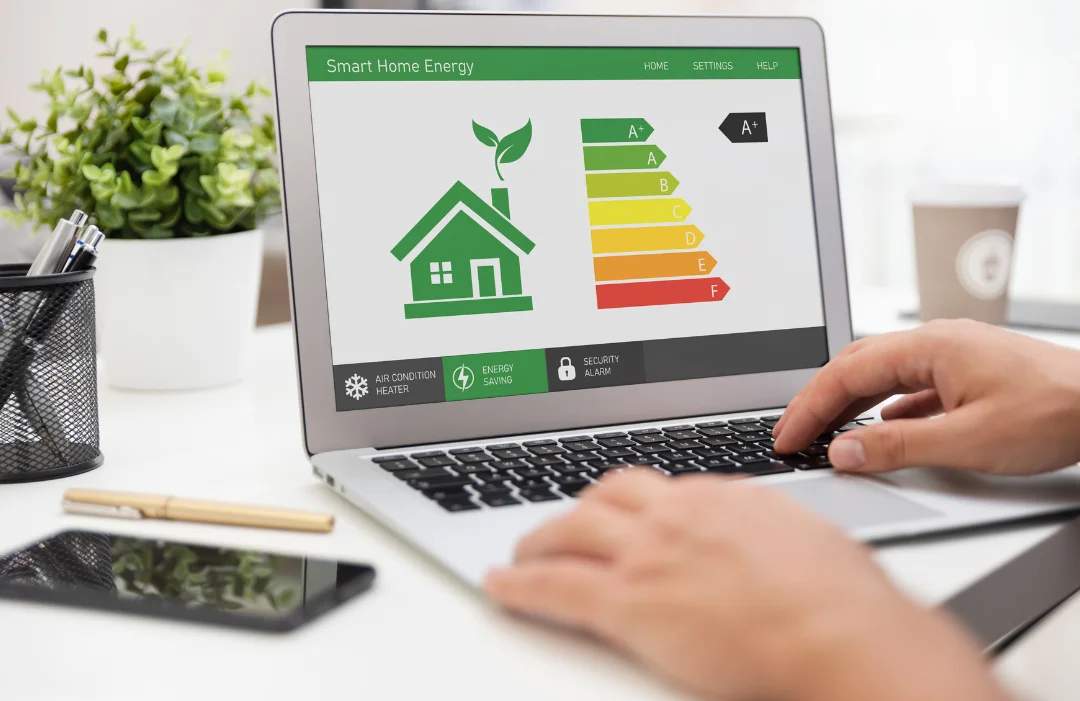
Going All-In with Energy Efficiency When Building a Home
In addition to the energy-efficient features listed, at your disposal are low-flow toilets, shower heads, and faucets, as well as passive home designs, which are engineered to strategically reduce electricity, gas, and water usage.
If you want to go all-in on a green home design, the sky’s the limit, as long as your budget and timeframe allow for it. To minimize your impact on the environment, conserve electricity, water, and other resources, limit waste, and potentially reduce utility costs, consider these green home features:
- Solar panels (power the whole home or part of it)
- Green roofs (roof-top gardens and natural building materials)
- Water catchment (rain barrels and devices that collect and filter rain/wastewater)
- A waste management/recycling system (from trash to electricity)
- Use locally sourced, all-natural building materials
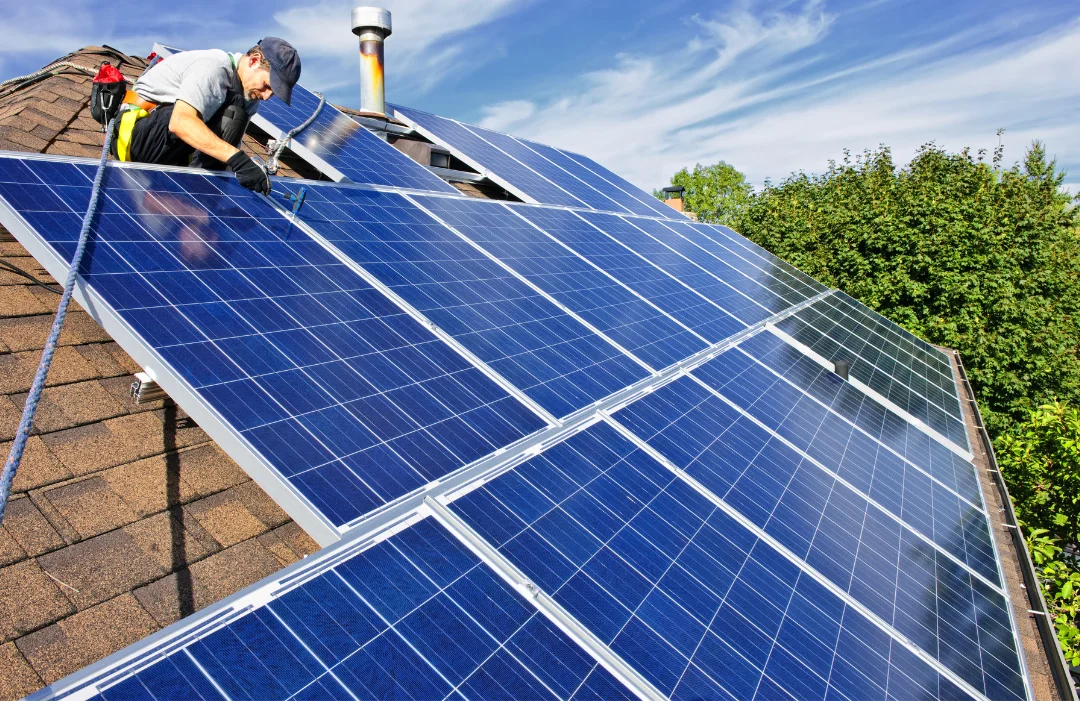
CMS Homes Offers Eco-Friendly Energy Efficient Features
In general, newly built homes are more energy efficient than older homes due to new codes and tighter regulations. You will find houses constructed by highly respected builders, such CMS Homes of Troy, MO, offer the latest techniques for insulation, airflow, and climate control while featuring ENERGY STAR appliances and other high-grade, eco-friendly features.
When you build a new construction home with CMS Homes, our home plans have many energy-efficient features as standard options with no up-charge.
- General Electric (GE) ENERGY STAR:
- Built-in dishwasher
- Self-cleaning, smooth-top range
- Space-saver microwave
- Highly rated, energy-efficient HVAC System
- R-13 Batts with O.S.B. sheathing and house wrap
- R-30 blown ceiling insulation
- Double-glazed insulated vinyl windows
- Double-glazed insulated vinyl patio doors
- Insulated exterior doors
We also offer other high-grade, energy-efficient options. If you want it, we’ll do our best to include it in your semi-custom home while helping you maintain the budget and get the biggest return for your investment.

When Considering Energy Efficiency in Your Newly Built Home, Do Your Research
Energy efficiency is a fundamental aspect of new home construction with far-reaching benefits. From reducing environmental impact and saving money to enhancing comfort and health, the advantages of energy-efficient homes are undeniable. However, knowing which features to choose when building your home and which ones you may want to add later can be a challenge. We recommend doing research and relying on reputable resources to make your decision. It’s also important to talk to your builder at the very beginning of the process to learn their recommendations and the costs. Optimizing the build with features that produce a reliable return on investment is a great place to start.
Benefits of building an energy-efficient new home:
- Economic benefits
- Enhanced comfort and health
- Higher resale value
- Environmental responsibility
Check out these reliable resources:
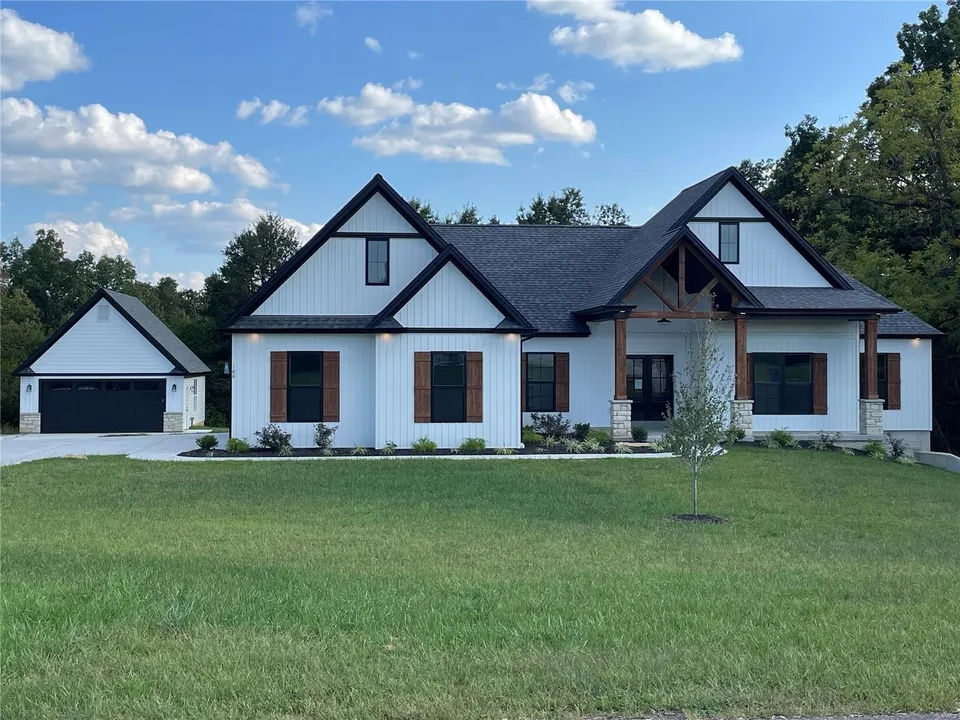
Build a New Eco-Friendly Home Near Lincoln County Missouri
As a homeowner planning to build your dream home, prioritizing energy efficiency is a decision that pays dividends. By investing in eco-friendly design and construction practices, your home can be beautiful, functional, sustainable, and cost-effective for years to come. If you want to build a home within 35 miles of Lincoln County, Missouri, in a community or on your own land, CMS Homes is here to help. Contact us today to learn more.

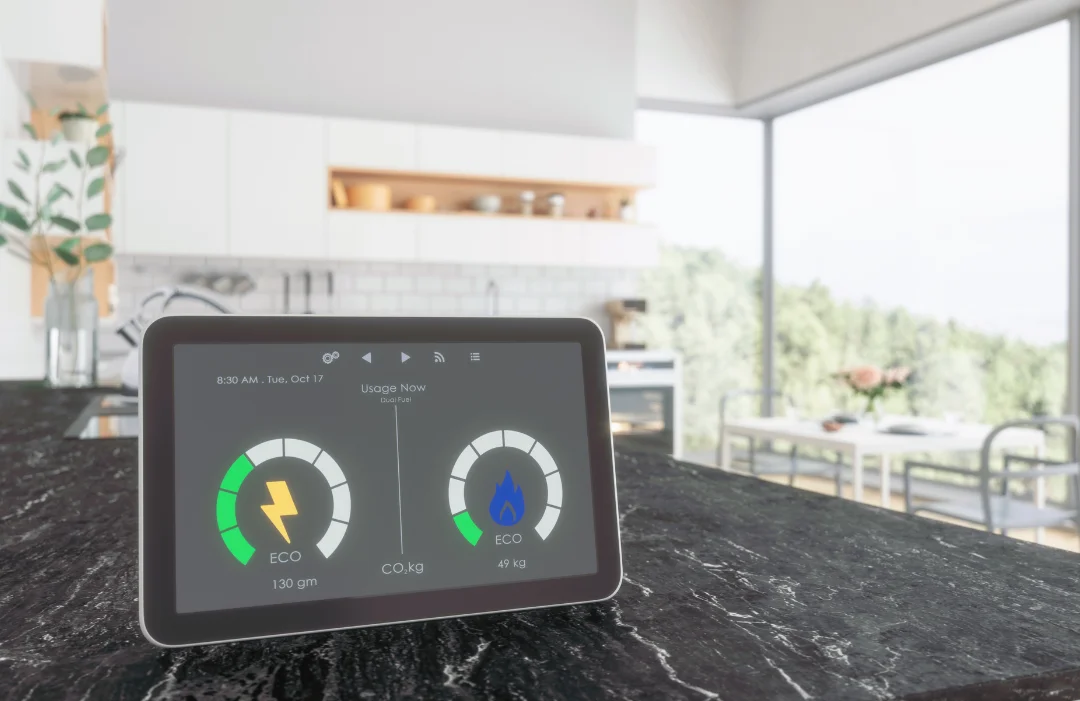

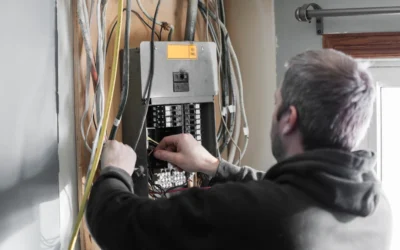
0 Comments